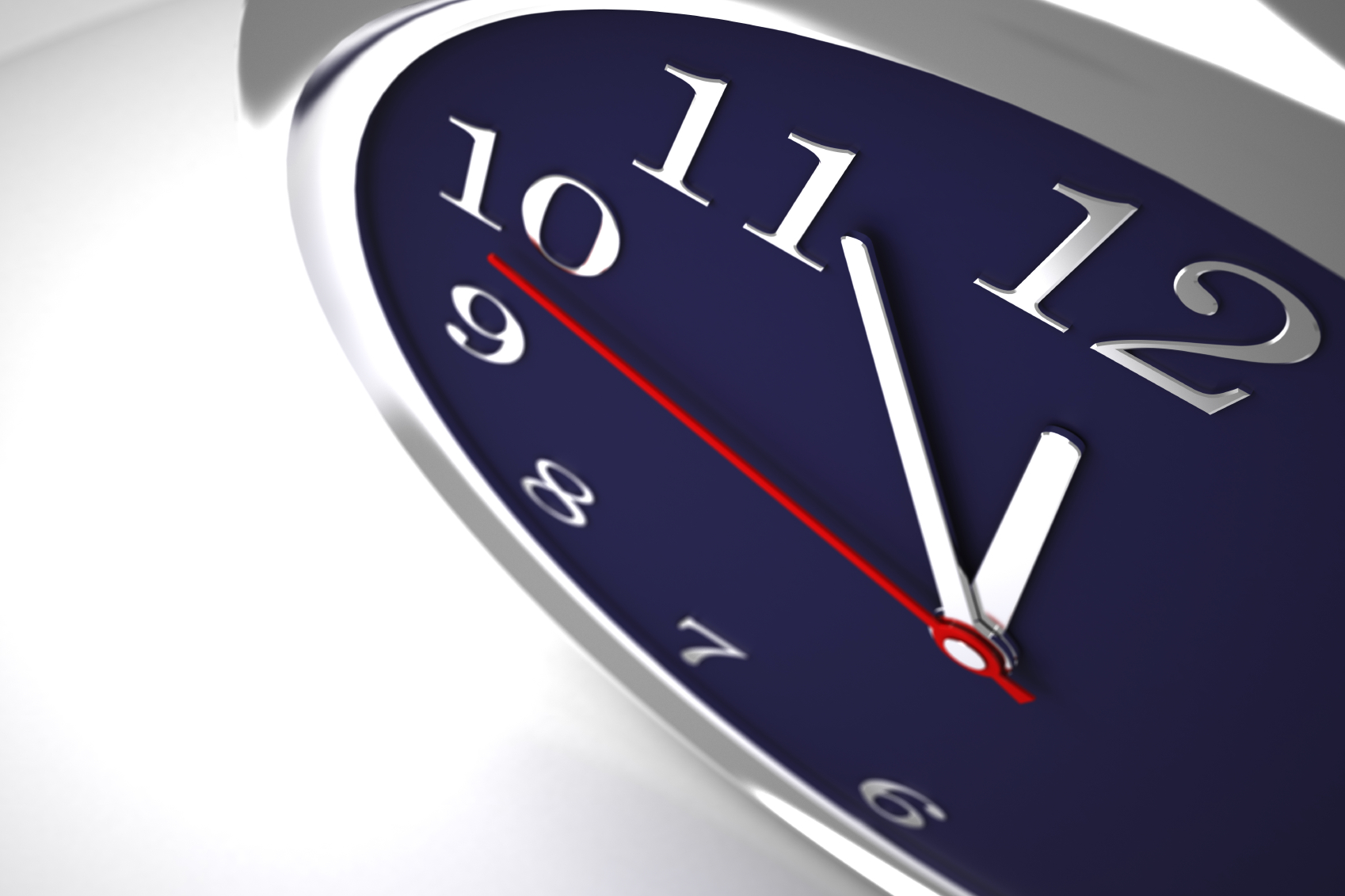 The Baltimore City Council recently voted 11-2 to impose a strict nightly curfew on children and young teens throughout the city limits. The mayor has already said she will approve the new bill, and it could end up becoming law by the middle of this summer. Bills signed by the mayor typically become law 30 days thereafter. The city currently has a curfew in place, which prohibits anyone under the age of 17 to be out on the streets past 11 at night on weekdays and midnight on weekends. But the proposed curfew is considerably more restrictive, and specifically targets various age groups. Upon becoming law, children and teens under the age of 14 will be required to be off the streets and indoors by 9 p.m. each day of the year. Teenagers between the ages of 14 and 16 will be permitted to stay out until 10 p.m. on school nights, and until 11 p.m. on all other nights. The new city legislation also increases the penalty for the parents of children that are found to be in violation. Where the old penalty carried a fine of up to $300, the new law will authorize a fine of up to $500. There is a provision that allows the fine to be waived if the parent attends counseling sessions with their child.
The Baltimore City Council recently voted 11-2 to impose a strict nightly curfew on children and young teens throughout the city limits. The mayor has already said she will approve the new bill, and it could end up becoming law by the middle of this summer. Bills signed by the mayor typically become law 30 days thereafter. The city currently has a curfew in place, which prohibits anyone under the age of 17 to be out on the streets past 11 at night on weekdays and midnight on weekends. But the proposed curfew is considerably more restrictive, and specifically targets various age groups. Upon becoming law, children and teens under the age of 14 will be required to be off the streets and indoors by 9 p.m. each day of the year. Teenagers between the ages of 14 and 16 will be permitted to stay out until 10 p.m. on school nights, and until 11 p.m. on all other nights. The new city legislation also increases the penalty for the parents of children that are found to be in violation. Where the old penalty carried a fine of up to $300, the new law will authorize a fine of up to $500. There is a provision that allows the fine to be waived if the parent attends counseling sessions with their child.
While child curfews are not common in the U.S., Baltimore’s new regulation would certainly not be classified as extraordinary. Several cities such as Miami, Houston, and Philadelphia currently enforce youth curfews, and other urban areas such as Oakland, Indianapolis, and Austin are considering them. Curfews are typically imposed in high crime areas, and specifically areas where youth gang violence is an epidemic. Baltimore would certainly qualify as both, as the murder rate was up nearly 8 percent last year, and gang violence is not going away. But oddly enough, the city council has stated publicly that the bill’s purpose is not to drop crime or to arrest would be juvenile offenders. Rather, the bill’s official intention is to protect the city youth from becoming victims of crime, and to “connect young people and their families with the services they need”. The mayor is looking at the new curfew with a slightly more realistic approach, as she stated that having children out on the streets late at night without supervision raises the likelihood of those children becoming both perpetrators and victims of crime.
Despite overwhelming support from city lawmakers and the office of the mayor, the new curfew is not without criticism. The head of the city police department’s union has expressed concern over the increased work that city cops will have to take on to enforce the new law. Apparently the police union is of the opinion that additional agencies should be involved rather than placing the entire stress of curfew enforcement on the Baltimore Police. The ACLU has also publicly condemned the new curfew, stating that there is no evidence that it would curb crime and violence, and warning that the curfew may unfairly entangle youths and their families in the criminal justice system. Despite the detractors, it looks like come July teens in the city will have to think twice about showing their faces on the streets after 9 p.m.
Benjamin Herbst is a juvenile crimes lawyer who handles casses in all Maryland state and federal courts. Contact Benjamin for a free consultation about your child’s case at 410-207-2598.
Resources
Baltimore sets youth curfew to curb crime, violence, news.yahoo.com.
 Criminal Defense Lawyer Blog
Criminal Defense Lawyer Blog

